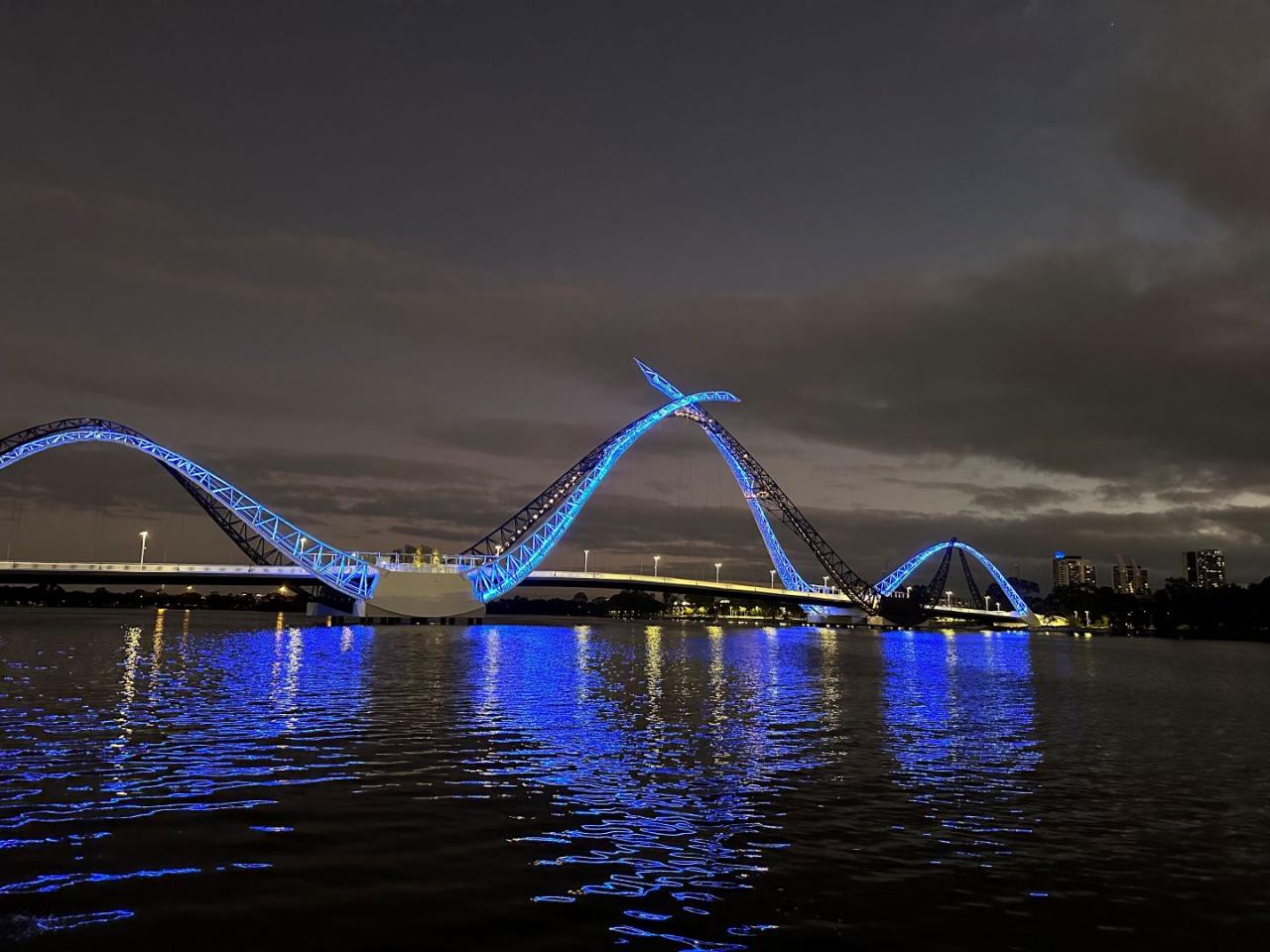Global Motor Neurone Disease Awareness Day is marked on 21 June, the day of the solstice, a turning point in the calendar and the start of a new season of hope.


Each year, Motor Neurone Disease (MND) associations across the globe mark 21 June as Global MND Awareness Day.
This is a special day of recognition acknowledging the impact MND has on people around the world.
MND is a progressive neurological condition that attacks and degenerates the motor neurones or nerves controlling muscles that enable us to move, speak, swallow and breathe.
The cause of MND is unknown and the symptoms of weakness and degeneration vary from person to person. MND is diagnosed in people of all ages, men and women, and currently there is no cure.
The date of 21 June is chosen as it marks the solstice, a turning point in the calendar, the start of a new season of hope.
Each year the MND community undertakes a range of activities to express the hope that this day will be another turning point in the search for cause, treatment and cure of MND.
The Motor Neurone Disease Association of WA (MNDAWA) encourages the community to learn more about the condition as it shares the message throughout the week.
“Global MND Awareness Day is a date which brings the international MND community together,” MNDAWA CEO Maeve Egan told Business News.
“We invite readers to use this date as a prompt to learn a little more about MND. When you understand the impact of this disease, the need for care and support is clear.”
The association will be meeting with members of the WA Parliamentary Friends of MND group, led by the Hon Hannah Beazley MLA, the Patron of the MNDAWA, and co-convened by the Hon Pierre Yang MLC and Margaret Quirk MLA, aiming to facilitate communication between the MND community and Members of Parliament.
A range of landmarks across WA will be lighting up blue on 21 June to show their support and raise awareness of MND. Landmarks that will be lit up blue include Elizabeth Quay, Yagan Square, the Bell Tower, Council House and Fremantle Prison.
The blue cornflower is the symbol of hope for MND around the globe due to its fragile appearance yet hardy nature, as it survives well in tough conditions.
It is estimated that in Australia, at any one time, around 2,100 people are living with MND. Every day two people are diagnosed with MND in Australia and two people die from the disease.
The MND Association of WA supports 200 Western Australians living with MND, enhancing the life of those people affected by the rare condition. For every person diagnosed with MND, it is estimated that a further 14 members of their family and their friends will live with the effect of MND forever.
“The MND Association of Western Australia provides vital care and support services to those impacted. From a family’s first contact with the association, they are supported and guided every step of the way,” Ms Egan said.
Visit MNDAWA on social media to share the message and use the hashtags #GlobalMNDAwarenessDay and #SupportMNDcarers to spread the word.
You can also donate to the cause here.












